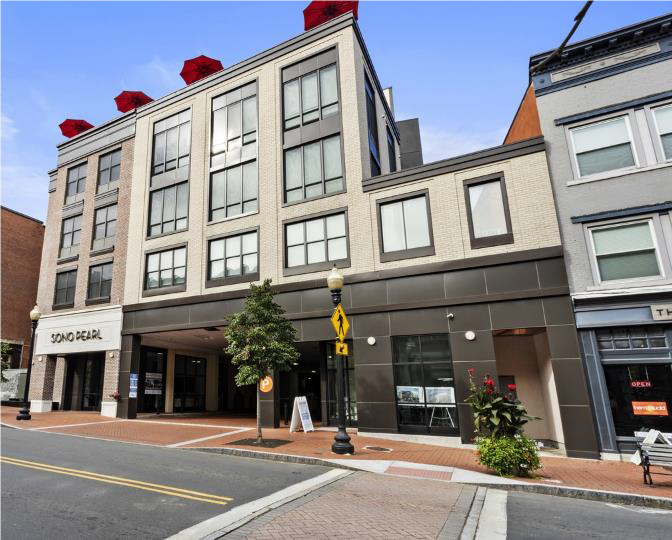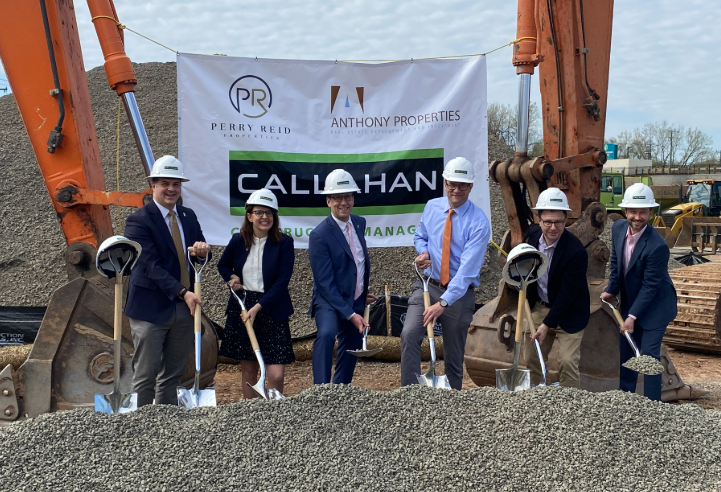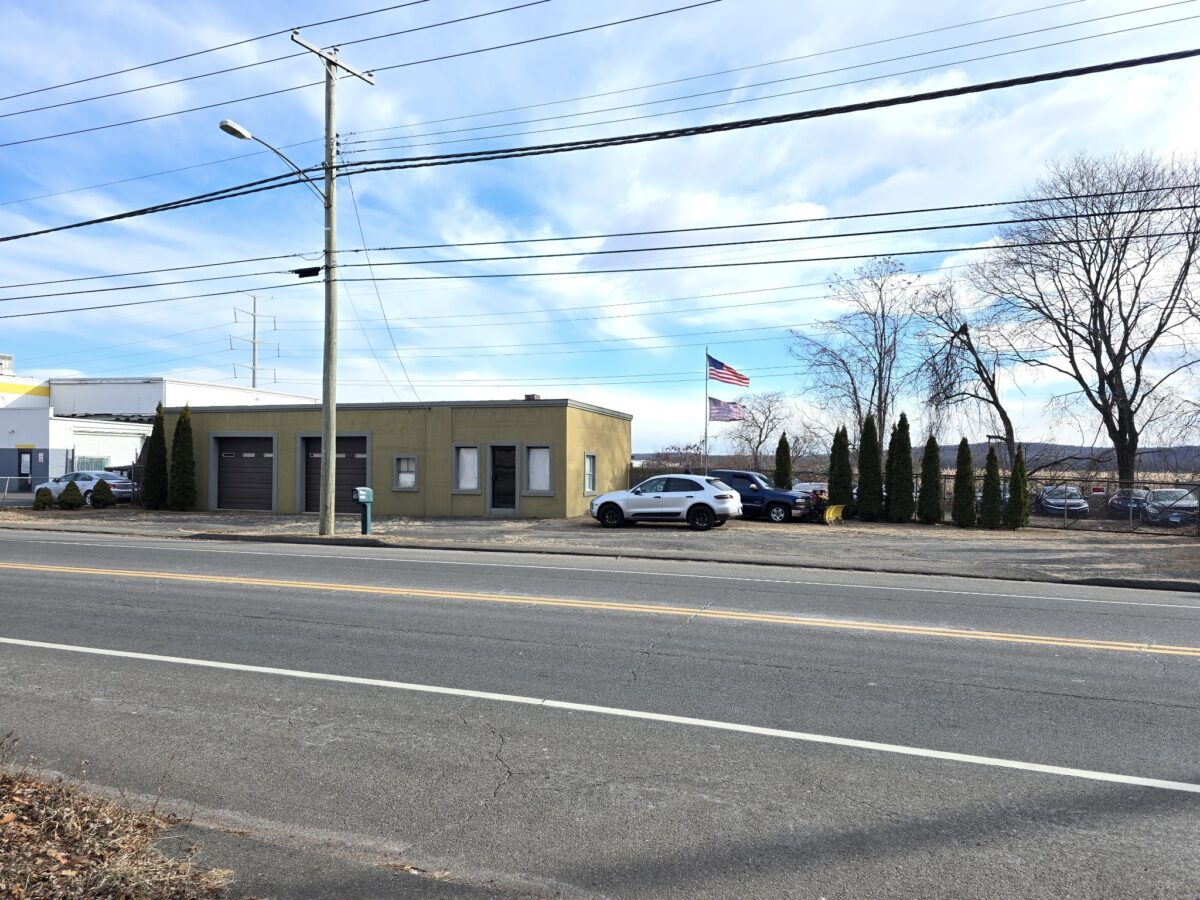News: Connecticut
Posted: September 15, 2011
Buyers Beware! Look for potential environmental issues that may be hidden from view
In today's economy, with so many properties up for sale, it can be a buyer's market, but BUYERS BEWARE! Be aware of what you are buying. One needs to look beyond the purchase price, beyond the outward appearance of the property, beyond the neighborhood and visions of redevelopment, and look at the potential environmental issues that may be hidden from view. In other words, make sure to do your environmental due diligence.
Obviously, if the former owner/tenant was a dry cleaner, an auto body shop, or a furniture stripper it is likely that site operations or activities resulted in some environmental issues which need to be investigated. However, what about the corner grocery store or the trailer park out in the country? What issues could there be on that wooded lot with the stream nearby? Issues such as a forgotten underground storage tank, contaminated run-off from a neighboring property (especially a farm), or water infiltration into a building resulting in severe, though hidden, mold issues may ultimately affect the sale of a property, or open the buyer up to huge liability costs later on.
Many properties on the market today may involve environmental issues of greater or lesser complexity, and the sooner a property owner or potential buyer has the property assessed, the quicker and more smoothly the real estate transaction can be accomplished.
Here is some realistic and practical advice for New England commercial, industrial, or residential clients to facilitate a purchase or sale.
Avoid rush decisions: If a property deal seems too good to be true, it might well be. Hurried purchase decisions can expose buyers, developers, and lenders to significant risks and liability. While a site assessment (or assessments) can range from a few thousand dollars to tens of thousands of dollars, even a small clean-up can exceed $25,000 and a major clean-up can cost hundreds of thousands of dollars or more. Discovering that you purchased contaminated property after the closing can be financially catastrophic, and it's avoidable with careful planning and a knowledgeable environmental consultant.
Conduct an environmental assessment: Typical initial assessments include a Preliminary Environmental Review or the more involved All Appropriate Inquiry (AAI) Phase I Environmental Site Assessment, both of which may determine the likelihood of contamination being present; the Phase II site assessment to confirm the presence of contamination (this includes the collection and laboratory analysis of soil and groundwater samples); and the Phase III site assessment which defines the degree and extent of any contamination identified.
Avoiding or delaying the assessment process is one of the biggest mistakes a buyer or seller can make. If an assessment is done well in advance of the transaction, any problems identified by your consultant can be taken care of before the closing is scheduled, or the purchase and sale agreement can be written to ensure that responsibility for a problem is allocated to the satisfaction of all parties (often an escrow account is used to ensure project completion). Assessment results help both the buyer and seller (and, perhaps more importantly, any lenders involved) understand the potential liabilities associated with the property.
Don't assume a deal will close quickly: After an assessment, many properties are determined to have few, if any, environmental issues. However, even the smallest issue can significantly complicate a real estate transaction and result in a delayed closing. A simple problem, such as contamination around a dumpster, may only cause a few months delay, while a more significant problem, such as contamination in the groundwater, could throw all schedules into disarray. It is wise to allow at least a six month lead time when scheduling a closing to allow time for the environmental assessments.
It is important that buyers, sellers, and even real estate brokers and lenders be aware of the need to conduct environmental due diligence to determine the environmental condition, and ultimately the environmental liability, of a business and/or property. Proactive research and planning will help to ensure a more efficient and cost-effective transaction. Heeding the warning "Buyer Beware" will reduce the up front risks and make getting to the closing a less stressful endeavor.
Marc Casslar is president of GeoQuest, Inc., Bloomfield, Conn.
Tags:
Connecticut
MORE FROM Connecticut
Highcap Group brokers $41.1 million sale of two building multifamily portfolio
Norwalk, CT Highcap Group has completed the sale of two luxury multifamily properties with a total of 120 units for a combined purchase price of $41.4 million.








